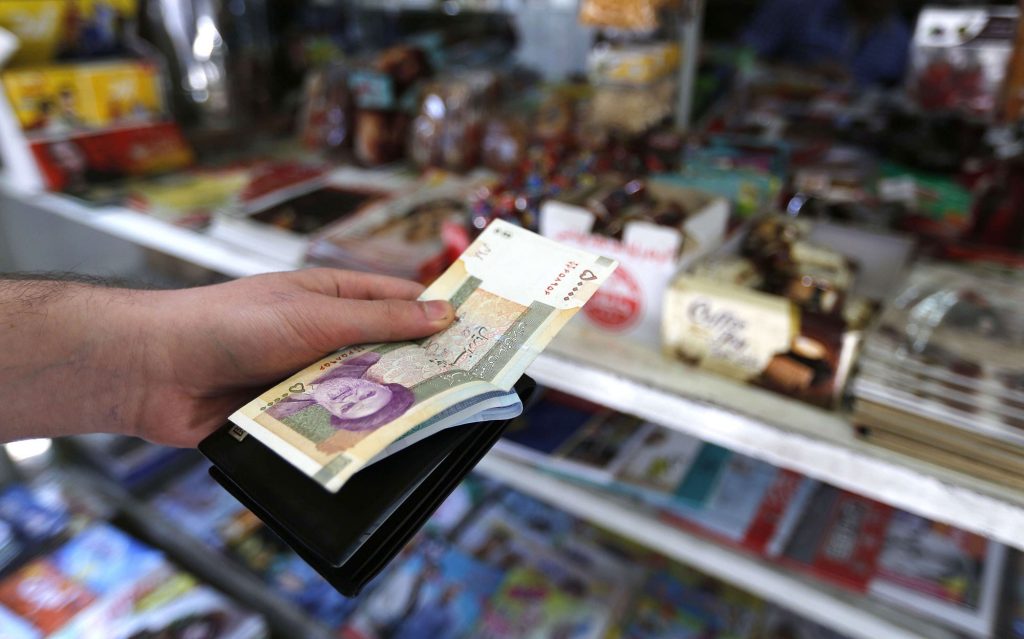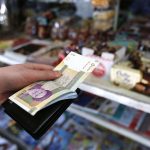Iran Money
- Cultural
- No Comments
- 3 Min Read


By Atefeh Dehghan
Iran Money and currency has always been one of the main things each traveler to this country wants to know about. The currency in Iran is known as the rial (IRR). It has been Iran official currency since 1929. The notes and coins are all written in rials. In the notes you find the Persian and European numbers however the coins have just Persian numbers.
Although the rial is the stated currency of the country, Iranian people talks in terms of toman which is considered as the unofficial currency and one toman unit is equal to 10 rials.
What should I expect rial/toman when I want to pay?
Usually foreign travelers find all these very confusing in the first days of their visits. Then they will gradually figure it out the differences and where the prices are in rial/toman.
Imagine you want to buy a loaf of bread, it will cost 10,000 rials but the baker will ask you 1000 tomans, so you just need to omit one zero (divide to 10) when you are being asked in toman.
Another example, a taxi driver shows you 5 with his finger, then you will understand it means 50,000 rials. So that he omits 4 zeros in a way that generally local people do.
To make it easy, when you want to pay, be sure that both of you are talking in terms of either rial or toman. In addition, you can always ask the shopkeeper to show you the final amount in IRR by a calculator
Can I use my credit card?
Foreign credit cards cannot be used and travelers checks cannot be cashed due to the Iran bank sanctions. The functioning network of ATMs (automatic teller machines) can only be used with Iranian issued bank cards.
You have the possibility of paying with your credit card in most of the carpet shops as they are connected to the foreign banks.
What should I do if I cannot use my credit card?
Bring enough cash either in euro or US dollar for your entire journey. In the bigger cities like Tehran and Shiraz, you can also change Australian or Canadian dollars, British pounds, Swiss francs and UAE dirhams.
Where can I pay in euro or US dollar?
Almost everywhere in the cities you should pay in rials. However some of the hotels, travel agencies and some souvenir shops they accept euro or dollar. Most of the carpet shops also accept credit cards. You can also ask the shopkeeper if you sometimes want to pay with the money you have.
Where can I change my money?
Authorized exchange offices (Called Sarafi in Persian) are the best places to change money. You can easily find exchange offices in each city by googling or asking the locals. The offices should not charge any commission on cash. Your banknotes, however, should not be marked or damaged.
Some of the banks also offer changing money however the price is not as good as the exchange offices and sometimes it is more time consuming.
There is also possible to change your money at the airport upon your arrival or at some of the hotels but if you want a better price, the exchange offices are more suitable.
Note: Do not use the services of street money changers offering you a good price since they are illegal. You will not probably be robbed or cheated, but still it is risky and sometimes you will not get the updated price.
What should I need for exchange?
You just need your passport to have with you. By a calculator there and a screen to show the updated price, therefore you can simply count the money you have to collect from the cashier.
How much should I change first?
It depends on when you arrive and what you need. But generally you should change for your one day needs. Remember if you arrive on Friday, most of the places are closed and you should wait for Saturday to change your money at an exchange office.
What if I have a lot Iranian money on the last day?
Do not worry! You can change back your money at the airport or exchange office. There is also possibility to take some as Iran memories or souvenirsJ
Can I do International transfers?
Due to the sanctions, international transfers into or out of Iran have been impossible for some years. So, bring enough cash with you.
Is it safe to carry a lot of money with myself at the streets?
Most of the hotels have safety box at their rooms. So you can take cash as much as you need with you. It is also advisable to have a travel waist bag or neck bag which is very safe and you will not have any worries.

